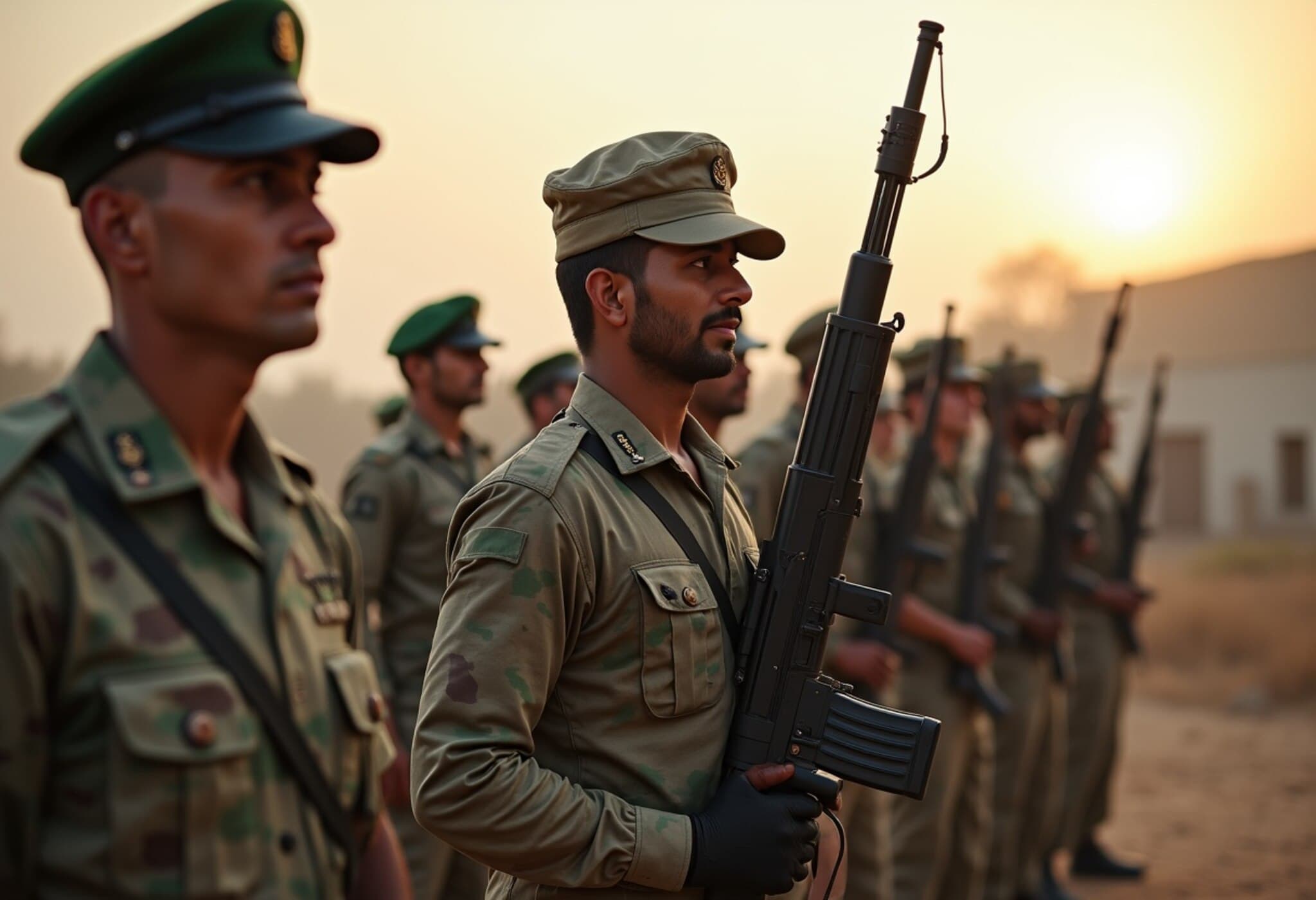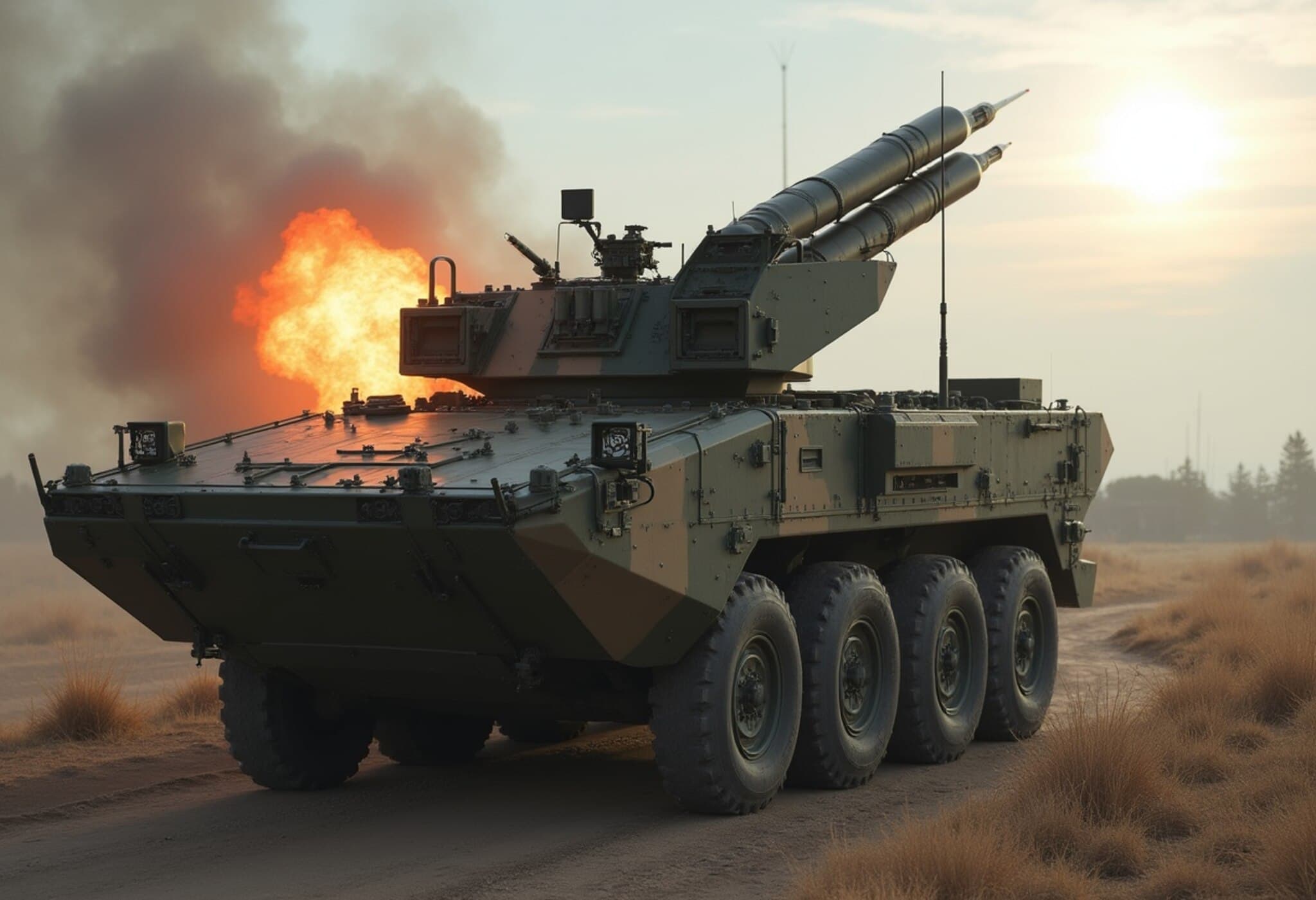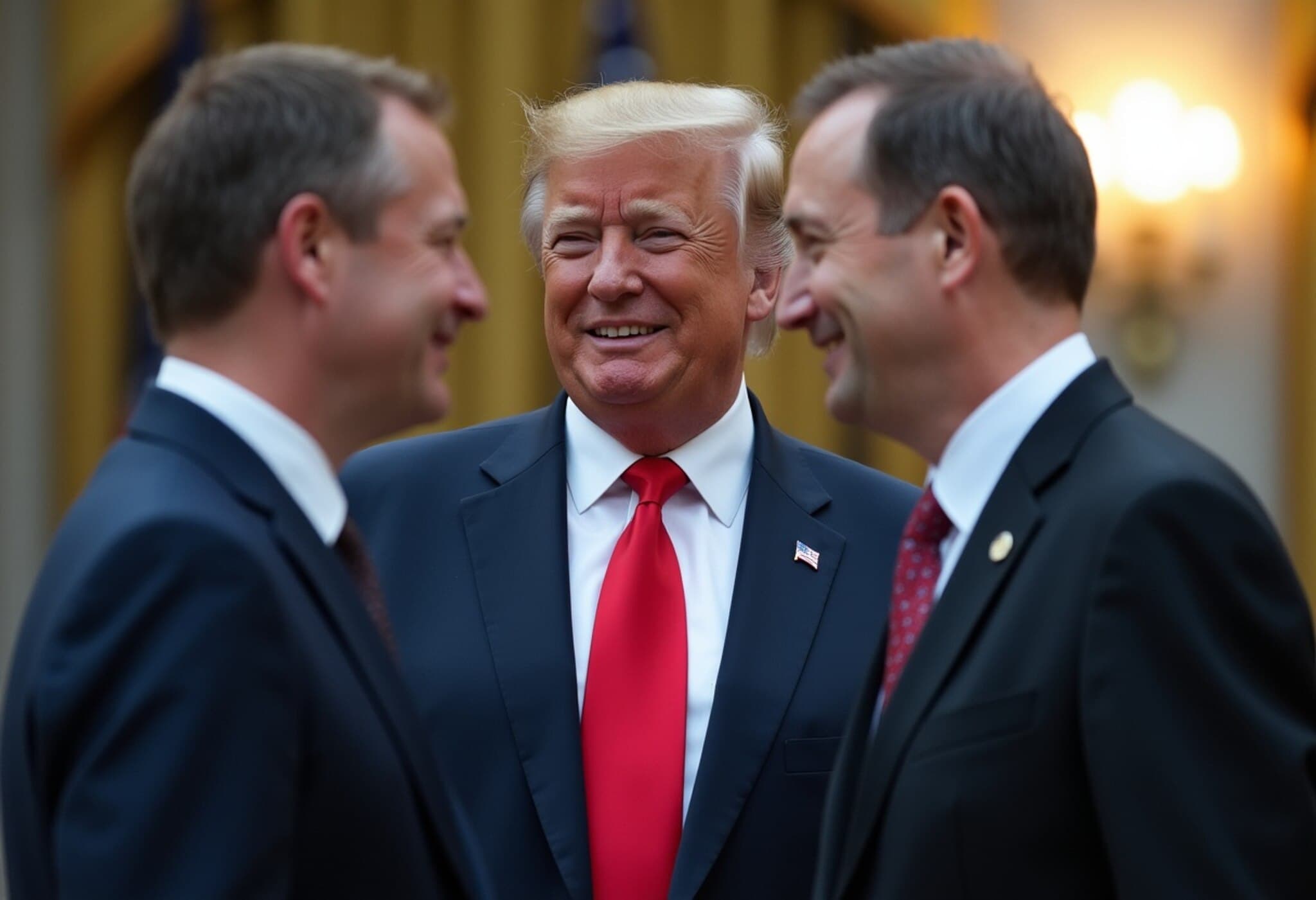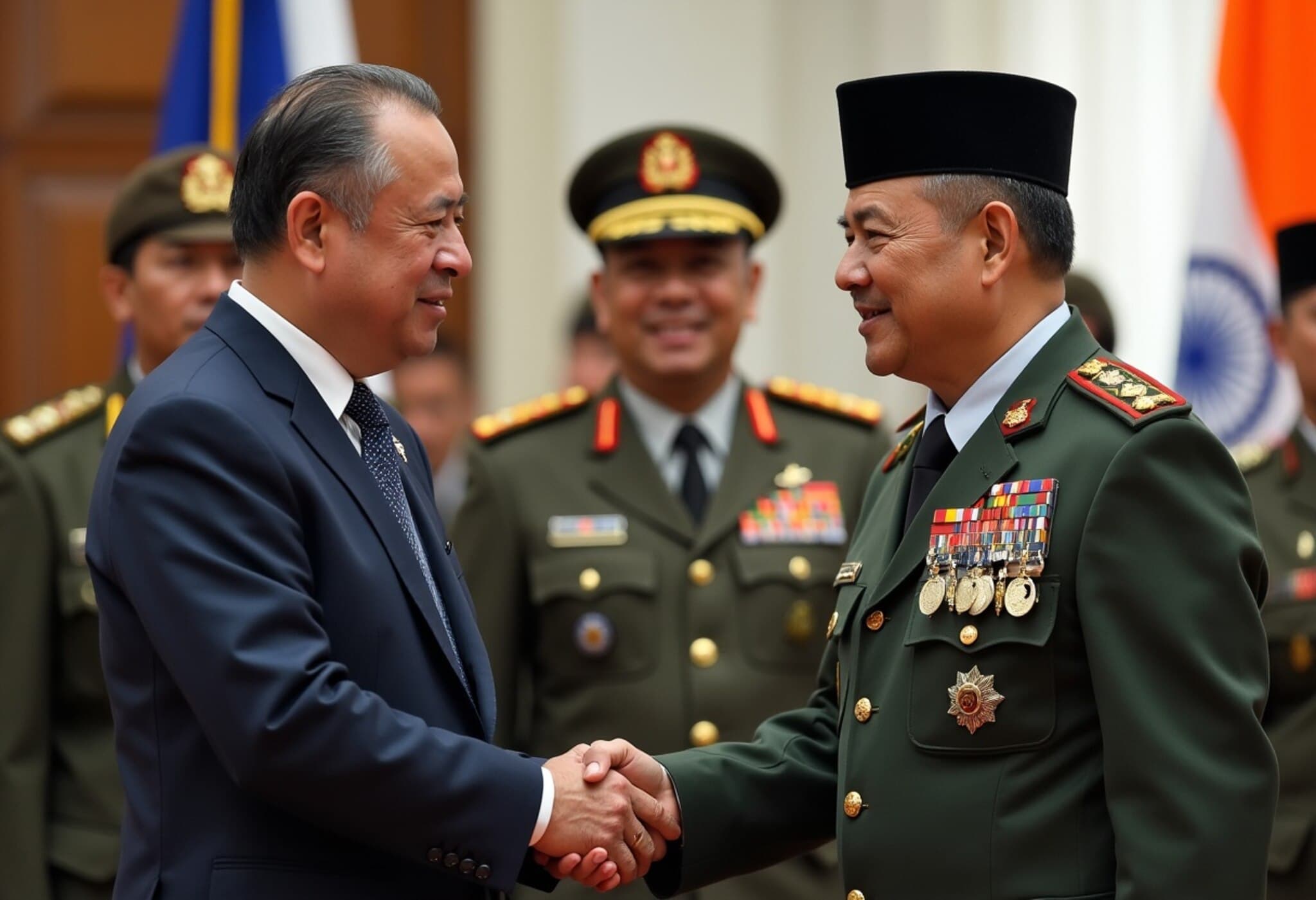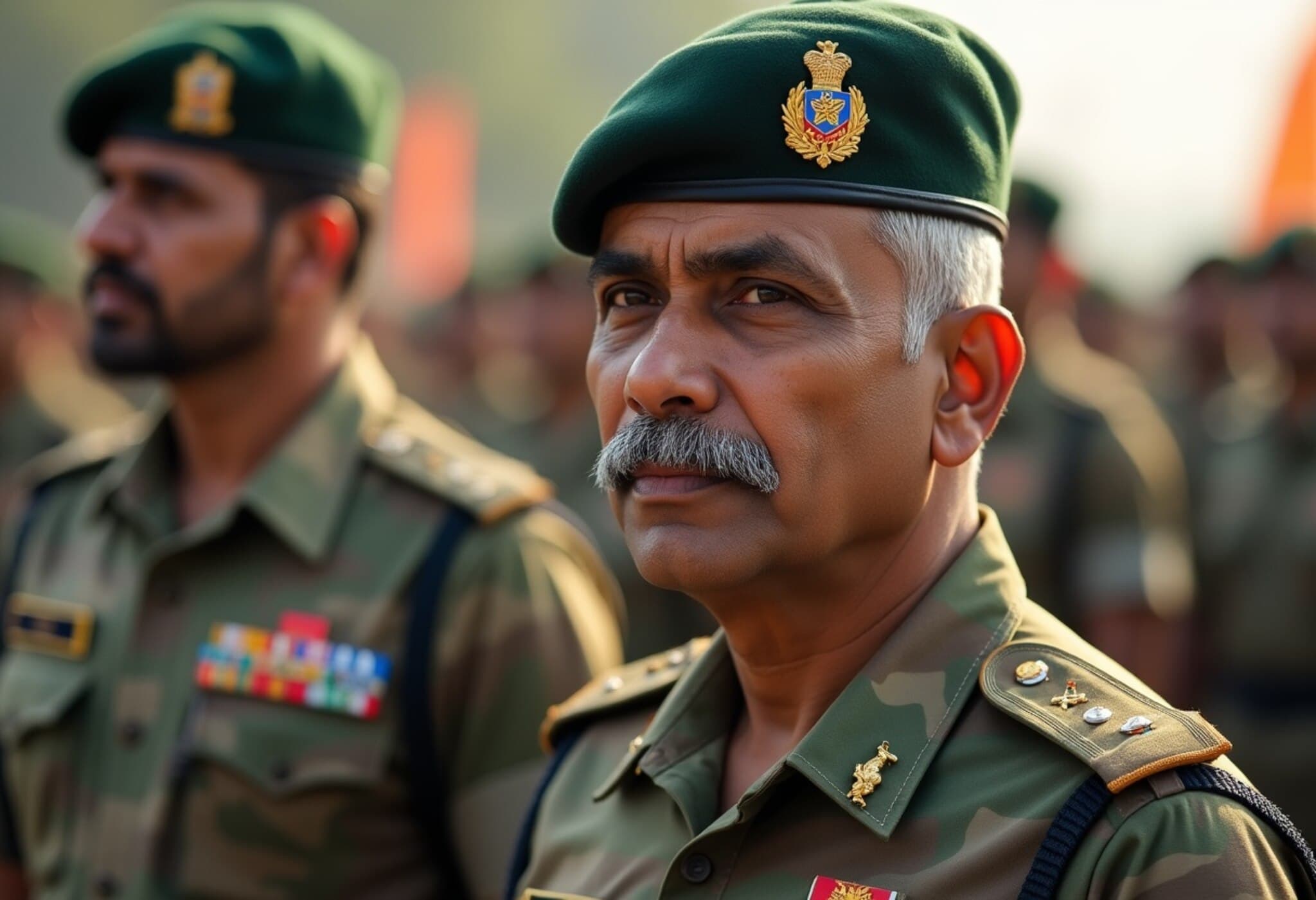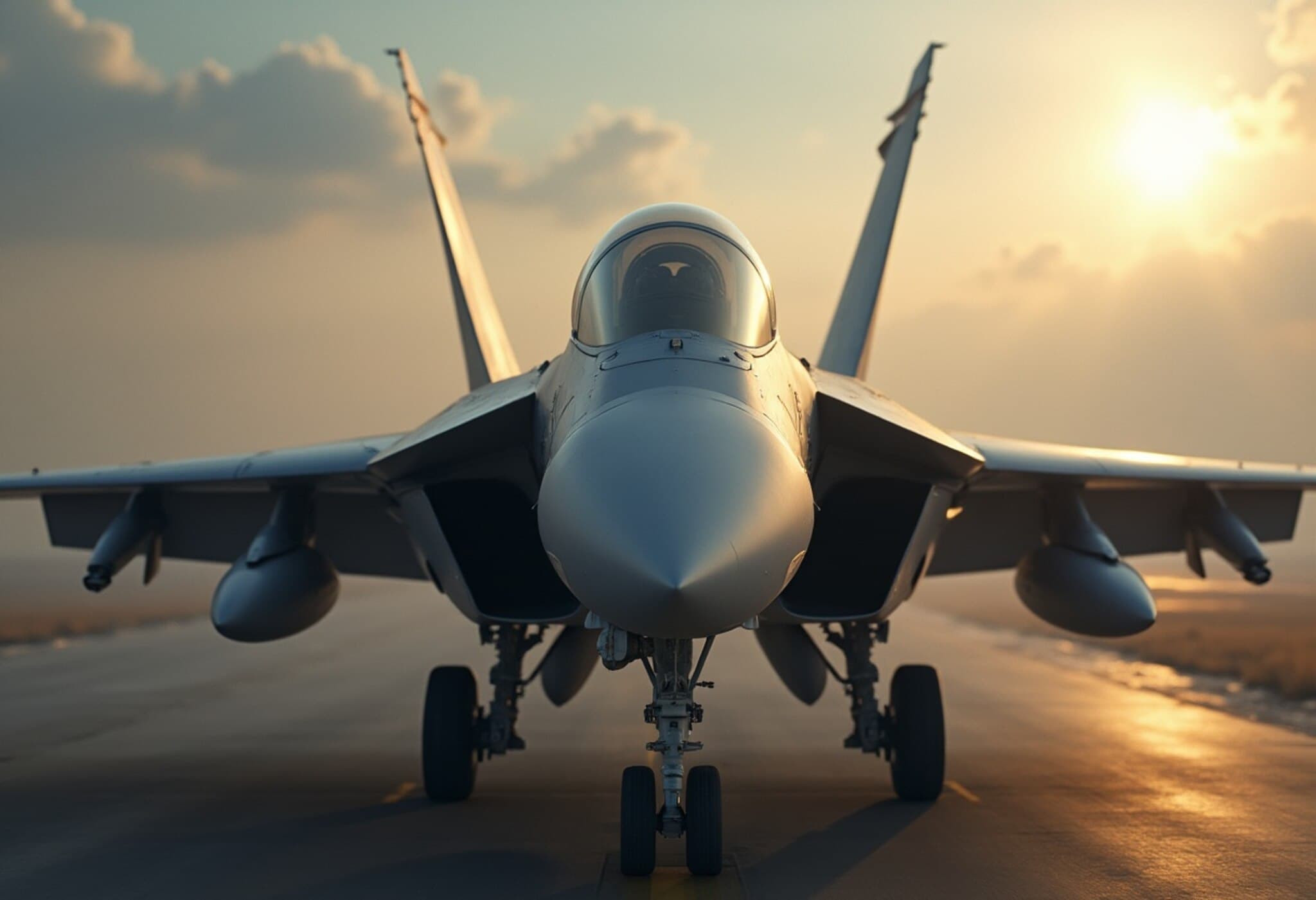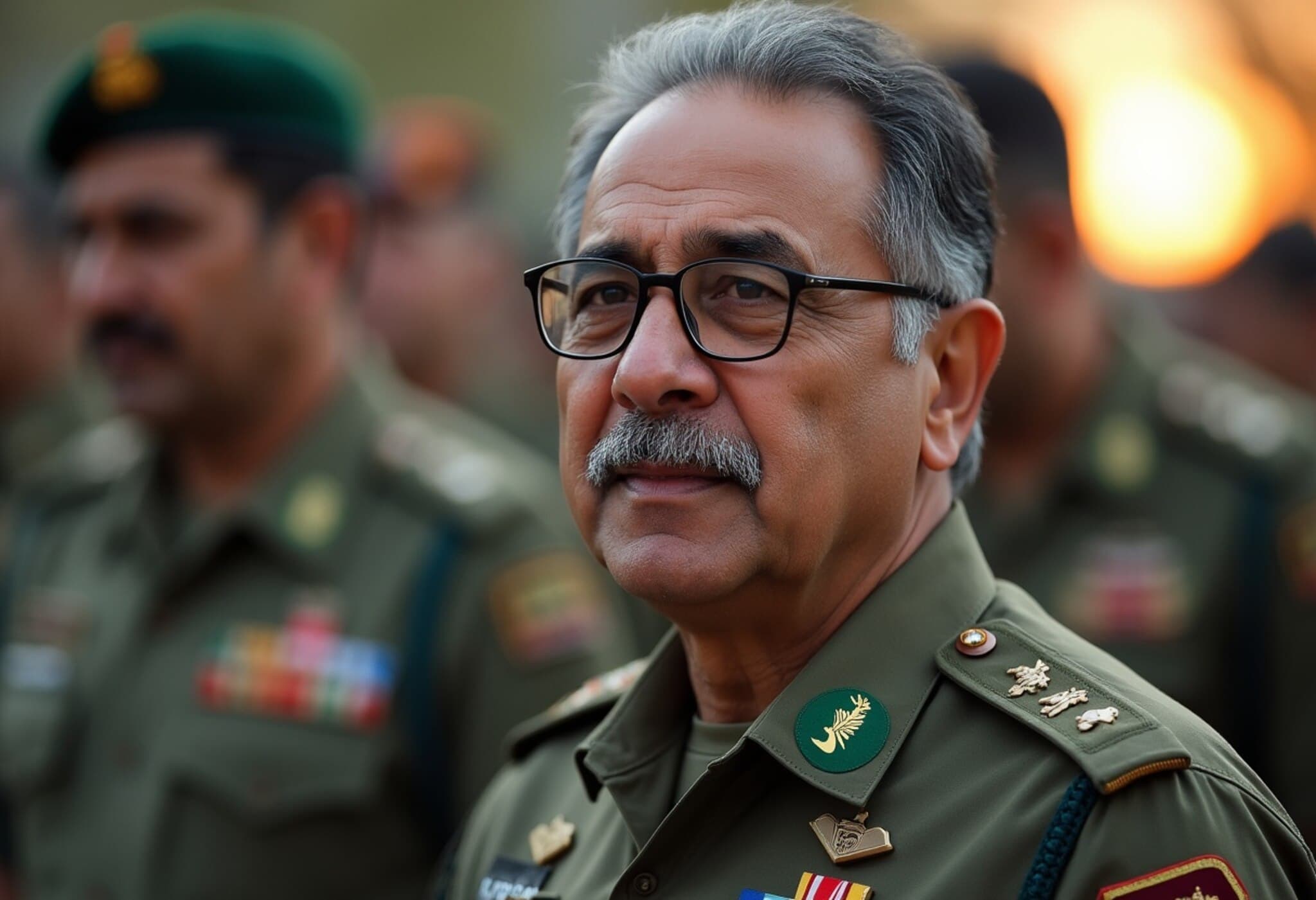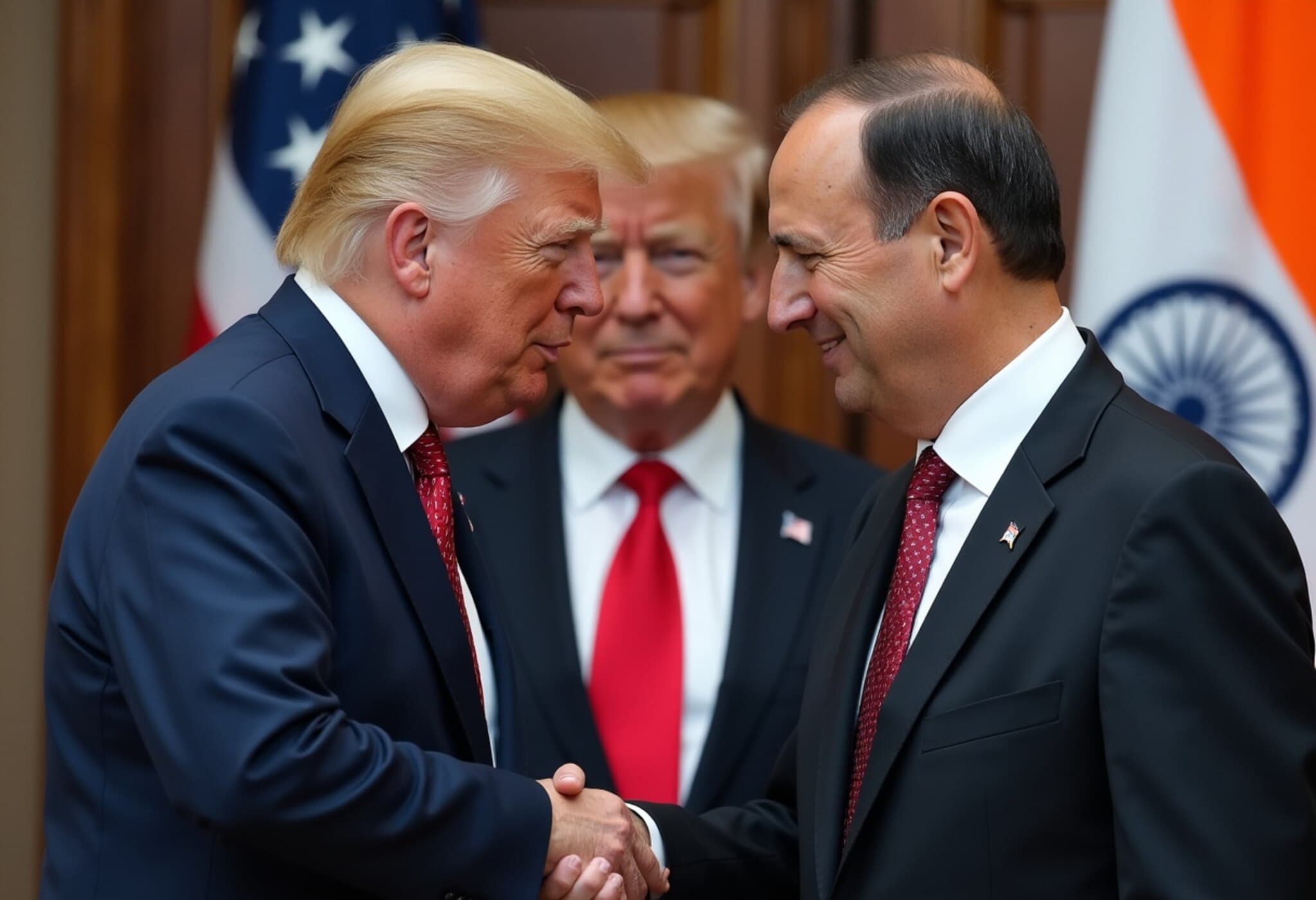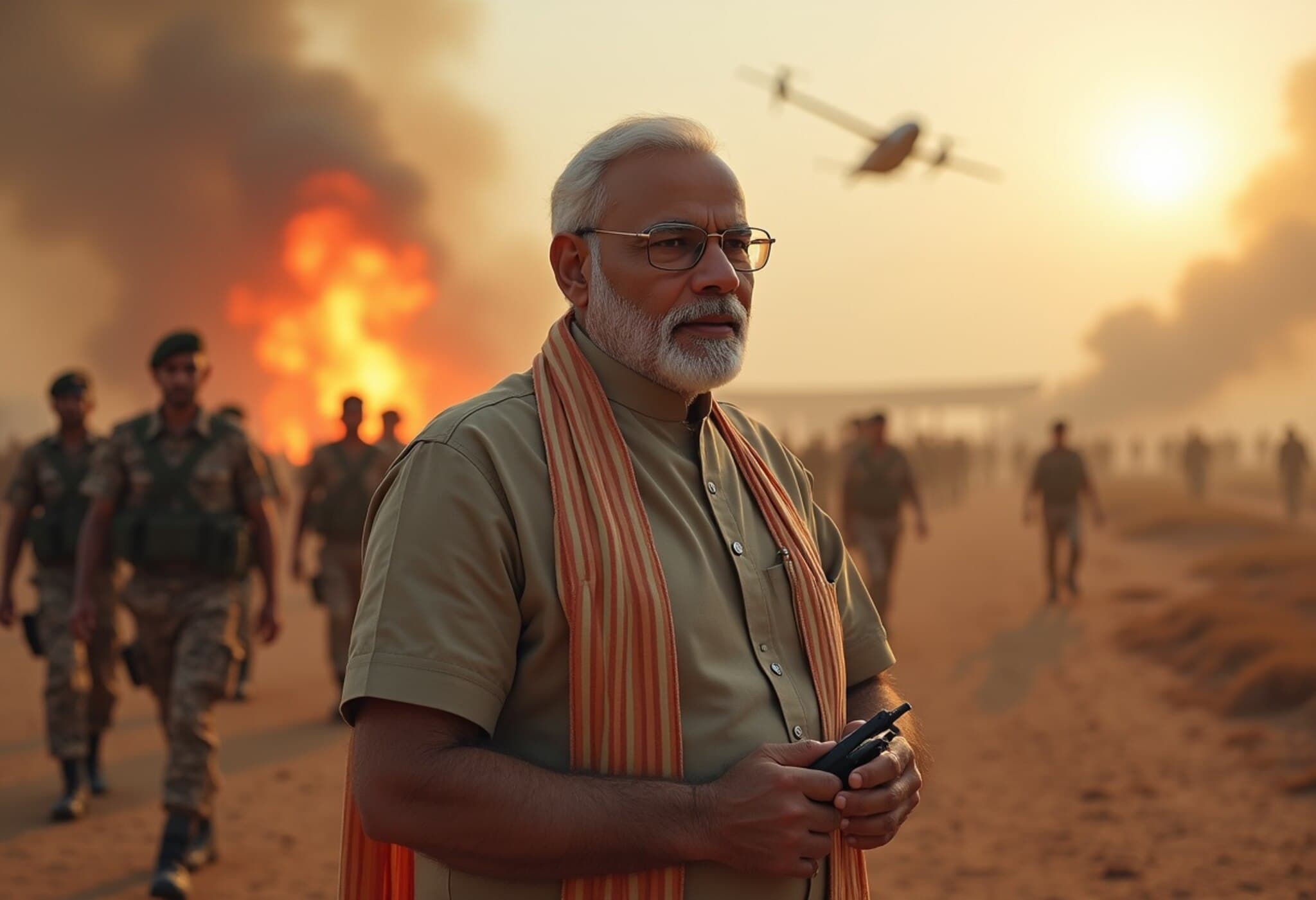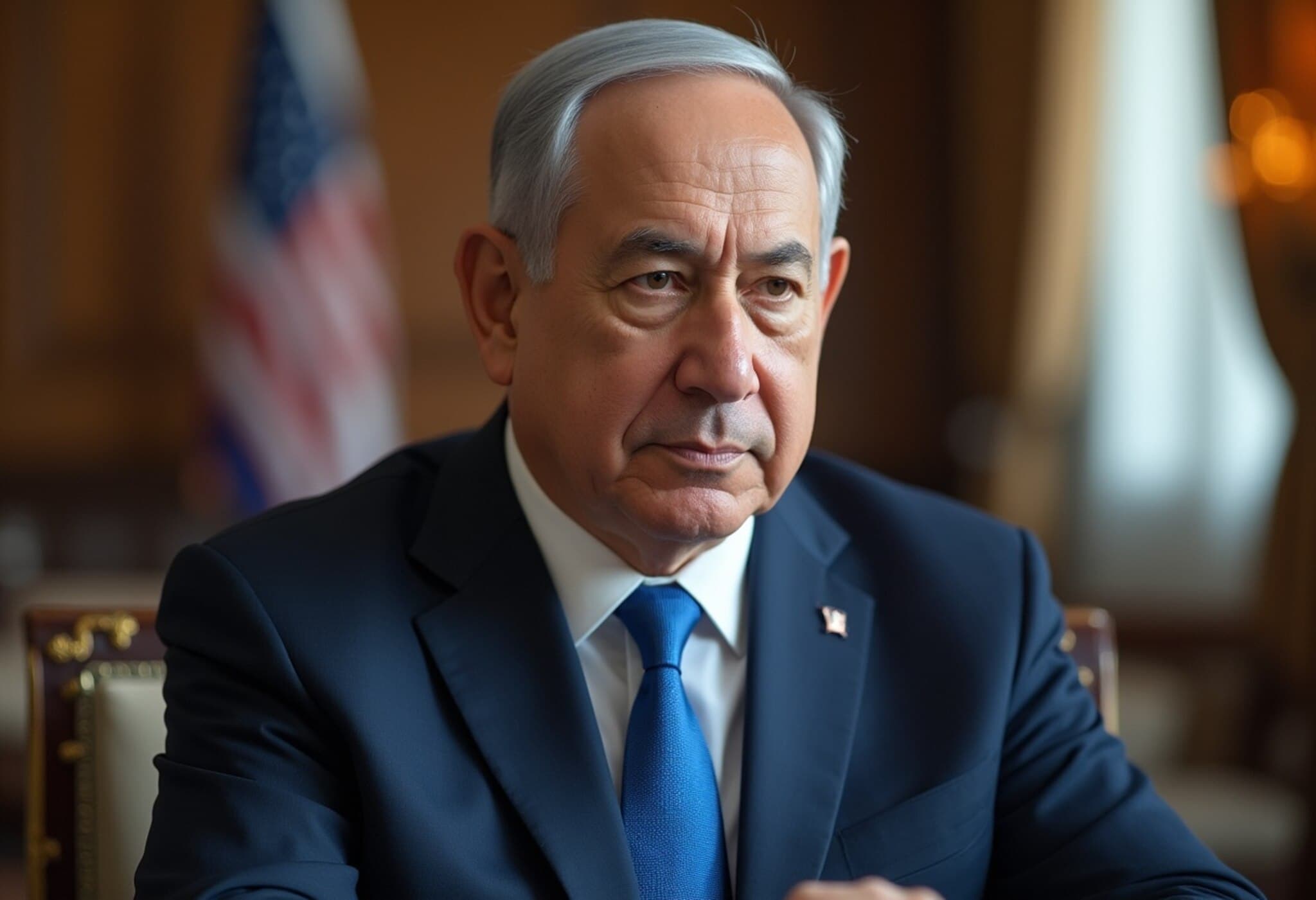Pakistan Accelerates Military Expansion in Wake of Operation Sindoor
In the aftermath of the intense cross-border conflict known as Operation Sindoor, Pakistan has swiftly moved to bolster its military capabilities by creating a dedicated missile command force. Announced on the nation's 78th Independence Day, this strategic initiative marks a significant shift in Islamabad's defense posture amid continuing tensions with India.
Introducing the Army Rocket Force Command
Prime Minister Shehbaz Sharif revealed the establishment of the Army Rocket Force Command, a newly formed branch tasked explicitly with managing Pakistan’s missile arsenal. Designed to integrate advanced technologies, the force aims to provide Pakistan with enhanced conventional strike capabilities against potential threats from multiple directions.
"This development is a key milestone in advancing our military response capability," Sharif emphasized during his Independence Day speech in Islamabad, underscoring the imperative for a modernized defense system in a volatile regional environment.
Strategic Inspiration and Regional Context
Security experts note that Pakistan’s new missile force draws structural inspiration from its strategic ally China’s People’s Liberation Army Rocket Force, which oversees an extensive range of ballistic, hypersonic, and cruise missiles with both conventional and nuclear capacities.
Former Pakistani general and defense analyst Talat Masood explained to AFP, "Following the violent escalation triggered by Operation Sindoor, Pakistan is naturally compelled to strengthen its military capabilities. The formation of this specialized missile command is a direct response to that urgent requirement."
Background: Operation Sindoor and Recent Escalations
The decision to enhance missile command capabilities comes on the heels of a fierce four-day confrontation in May 2025 — the deadliest exchange between Pakistan and India since 1999. The skirmish ignited after India launched Operation Sindoor as retaliation against Pakistan-backed militants responsible for a deadly terror attack on tourists in Jammu and Kashmir’s Pahalgam region.
During the conflict, Pakistan deployed a range of missile systems alongside fighter jets like the J-10C Vigorous Dragon and the JF-17 Thunder, signaling a willingness to intensify its conventional warfare capacities.
Boosting Military Spending and Broader Defense Upgrades
In response to these heightened security challenges, Pakistan’s government has increased military spending by an estimated 20% in the recent budget cycle. The defense procurement plans include acquiring 40 advanced Chinese fighter jets and modernizing air defense networks.
Prime Minister Sharif also acknowledged the diplomatic backing provided by countries such as China, Saudi Arabia, Türkiye, Azerbaijan, the UAE, and Iran, reflecting Islamabad’s efforts to maintain strategic partnerships.
Domestic Implications and Political Unity
Beyond military matters, Sharif called for unity among all political parties, civil society, and stakeholders to safeguard national interests during this challenging period. On the economic front, he highlighted notable improvements, stating that inflation had been curtailed from 34% to 5%, and interest rates reduced from 21% to 11%, signaling cautious optimism about domestic stability.
Expert Insights: What This Means for South Asia’s Security Landscape
The creation of a specialized missile command underscores Pakistan's strategic recalibration amid an increasingly volatile South Asian environment. While officials frame it as enhancing deterrence and conventional capabilities, the move also raises broader questions:
- How might this affect the delicate nuclear balance between India and Pakistan?
- Could this intensify an arms race, especially with the introduction of hypersonic missile technology?
- What role will international powers, particularly China, play as Pakistan deepens its defense dependencies?
Regional security analysts urge careful monitoring, suggesting that while modernization addresses genuine security concerns, it could also fuel diplomatic strains unless coupled with renewed dialogue efforts.
Conclusion
Pakistan’s establishment of the Army Rocket Force Command represents a pivotal development in its defense strategy, reflecting the enduring effects of Operation Sindoor and the broader India-Pakistan rivalry. As Islamabad expands its military arsenal and fortifies alliances, the path toward stability in this fragile region remains fraught with challenges and critical uncertainty.
Editor’s Note
This rapid militarization in the aftermath of Operation Sindoor highlights an often underreported dimension of South Asia’s security dynamics: how regional conflicts drive accelerated arms development. While Pakistan emphasizes defense enhancement, balancing strategic deterrence with diplomatic engagement is essential to avoid escalating tensions further. Readers should consider the broader implications of such military expansions, including economic strain and potential impacts on regional peace initiatives.

